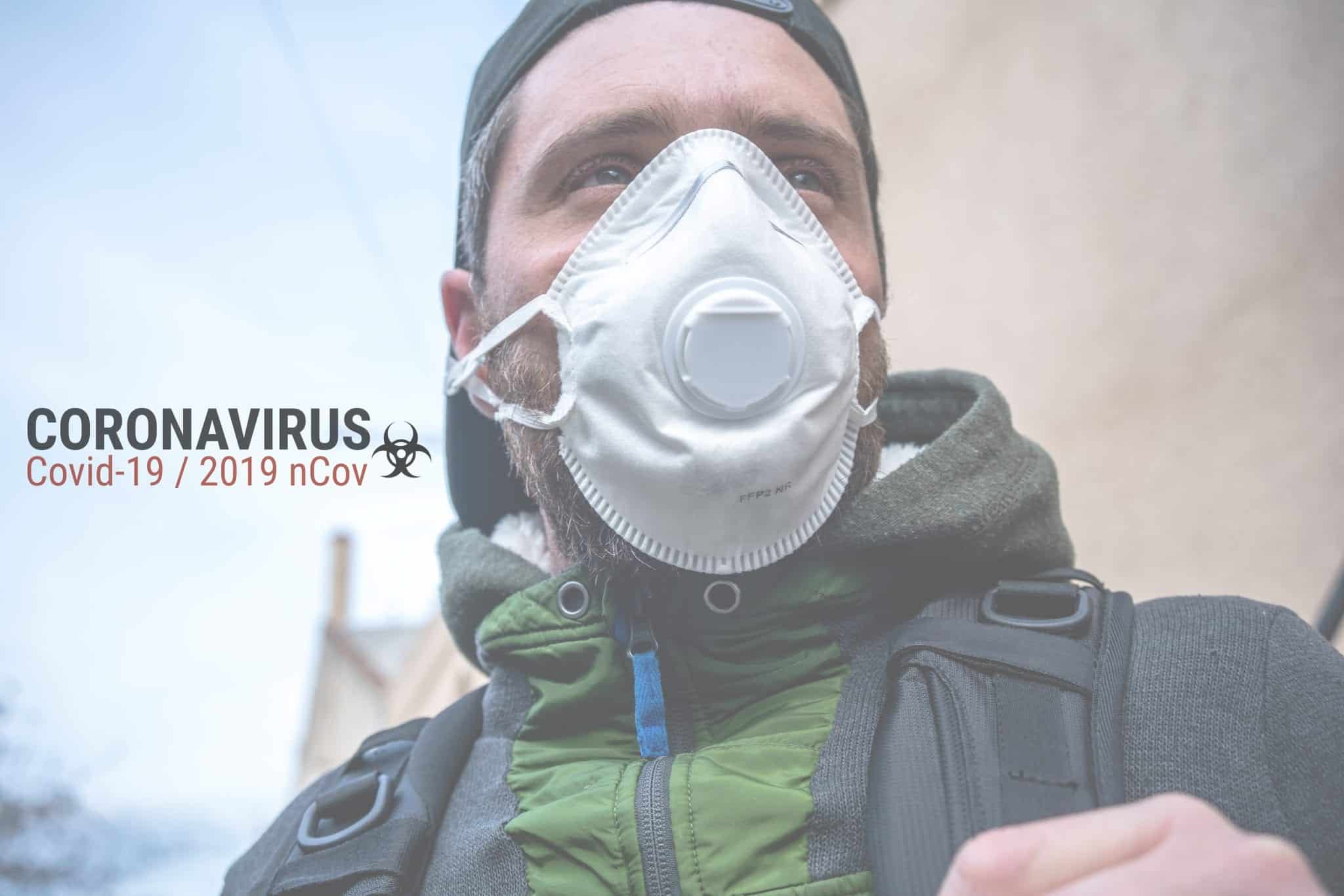Law enforcement agencies and state officials around the country are doing their best to maintain order during this unprecedented time. In the state of Texas, this included the declaration of a disaster.
One man in the state of Texas learned the hard way that committing a crime during a state of emergency can significantly increase the penalty. According to Click2Houston, the man was charged with burglary, a state jail felony, but now faces a third-degree felony due COVID-19 criminal charge enhancements.
As crime rates are expected to rise during the shutdown, these enhancements could land some offenders in prison for many years. It’s important to understand the impact of these enhancements and the potential consequences of committing a crime during a state of emergency.
Criminal Charge Enhancements in Texas
This isn’t the first time that these criminal enhancements have gone into effect. Most recently, during Hurricane Harvey, a similar state of emergency was declared in the Houston area. These enhancements are meant to discourage criminal activity at a time when city and state resources are stretched thin.
Texas law specifically states that:
“…the punishment for an offense…is increased to the punishment prescribed for the next higher category of offense if it is shown on the trial of the offense that the offense was committed in an area that was, at the time of the offense:
(1) subject to a declaration of a state of disaster made by:
The president of the United States
The governor
The presiding officer of the governing body of a political subdivision (city, county, etc.)”
Under this guideline, any crime committed during this state of emergency would be charged one level above. So, a class A misdemeanor would become a state jail felony. A state jail felony would become a third-degree felony, and so on.
Examples of Common Texas Crimes During Emergencies
During the COVID-19 crisis, there are some specific types of crimes that state officials are anticipating will be on the rise.
Theft Crimes
One of the most common crimes during state emergencies is burglary. Often, these are crimes of opportunity but during the COVID-19 crises, with so many out of work, they are often crimes of desperation.
Burglary of a building (other than a habitation) is normally considered a state jail felony. This is a common crime during disasters and states of emergency. The punishment for a state jail felony is between 180 days and two years in prison and a fine not to exceed $10,000.
Because of COVID-19 criminal charge enhancements, however, a burglary of a building becomes a third-degree felony. The punishment for a third-degree felony is between 2 and 10 years in prison and a fine not to exceed $10,000.
Hate Crimes
The number of hate crimes tends to go up during desperate times as in extreme economic downturns. The COVID-19 pandemic is expected to be no different as some people look to take their anger from job loss and the continued lockdowns out on others.
Hate crimes are an enhancement of normal crimes.
Under Texas law, an ordinary crime, such as assault, becomes a hate crime when it is targeted towards a person due to their race, gender, etc.
The punishment for hate crime during a non-emergency is dependent on the type of crime committed. If a person commits simple assault, for example, they may be charged with a class A misdemeanor punishable by up to one year in jail and/or a fine not to exceed $4,000.
With the hate crime enhancement, the crime of simple assault would now hold a minimum jail sentence of 180 days. If this crime were committed during a state of emergency, the class A misdemeanor would then become a state jail felony which would extend the possible jail sentence to up to two years plus the fine.
Computer Fraud Crimes
With so many people at home and unable to work and go out, the number of computer crimes is also expected to increase.
One example of this is online identity theft. Under normal conditions, online identity theft is a state jail felony and would come with a sentence of between 180 days and two years in jail and/or a fine not to exceed $10,000.
The crime of online identity theft committed during a state of emergency would be elevated to a third-degree felony. The penalty for this would be between 2 and 10 years imprisonment and a fine not to exceed $10,000.
Committing a crime during an emergency could land you in prison for decades. It’s never a good idea to break the law under any circumstances but, especially during these times while the country is in a state of emergency, it’s important you think twice before committing a crime.





